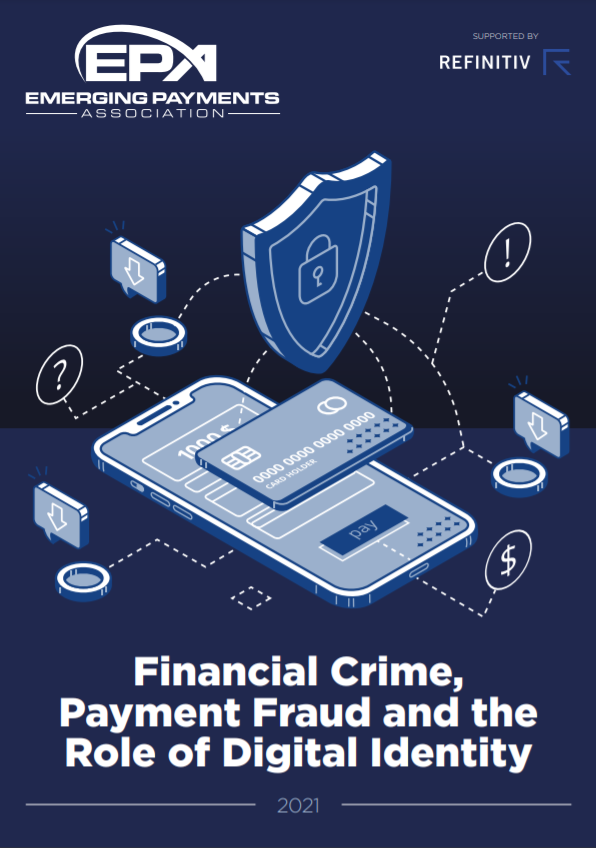The primary research for this paper draws on the support of key industry stakeholders and subject matter experts including our Project Financial Crime team and the broader Payments Association membership. In this paper, we provide an overview of the current landscape, emerging threats and insights into how fraud controls can be improved.
Criminals understand how they can profit from financial crime and commit payment fraud as evidenced by the escalating number of attacks and levels of losses incurred. I find it worrying how they are now working more closely together, in effect creating a crime marketplace and been quick at adopting the latest technologies. Promisingly, our research highlights some initiatives that are making a real difference and also suggests ways for the industry to collaborate to a greater extent.
As part of the research, these topics were discussed in an Payments Association Projects webinar with a distinguished panel of expert speakers: Professor Michael Levi from Cardiff University, Alison McDowell representing the Department for Digital, Culture, Media and Sport, Caitlin Sinclair from Refinitiv and Western Union’s Alex Beavan.
I’d like to give a big “thank you” to Refinitiv for supporting the research and to Payments Association Ambassador Mark McMurtrie who conducted the interviews and authored the report.
JANE JEE
Leader, Payments Association’s Project Financial Crime
Chair, Kompli-Global Limited

Log in to access complimentary passes or discounts and access exclusive content as part of your membership. An auto-login link will be sent directly to your email.
Development note: Shows when someone IS logged in OR logged out AND we don’t know if they are a subscriber or a member (i.e. no Cookie “role” is set to “guest” and “is_subscriber” is “false”)
Development note: Shows when we know someone IS logged-out, IS a subscriber, but their role is NOT one of the member roles (i.e. Cookie “role” IS set to “guest, customer, non-member” and “is_subscriber” is “true”)
Development note: Shows when we know someone IS logged-out, IS a subscriber and IS a member (i.e. Cookie “role” is NOT set to “guest, customer, non-member” and “is_subscriber” is “true”)
Join The Payments Association and unlock a world of benefits:
We use an auto-login link to ensure optimum security for your members hub. Simply enter your professional work e-mail address into the input area and you’ll receive a link to directly access your account.
Instead of using passwords, we e-mail you a link to log in to the site. This allows us to automatically verify you and apply member benefits based on your e-mail domain name.
Please click the button below which relates to the issue you’re having.
Sometimes our e-mails end up in spam. Make sure to check your spam folder for e-mails from The Payments Association
Most modern e-mail clients now separate e-mails into different tabs. For example, Outlook has an “Other” tab, and Gmail has tabs for different types of e-mails, such as promotional.
For security reasons the link will expire after 60 minutes. Try submitting the login form again and wait a few seconds for the e-mail to arrive.
The link will only work one time – once it’s been clicked, the link won’t log you in again. Instead, you’ll need to go back to the login screen and generate a new link.
Make sure you’re clicking the link on the most recent e-mail that’s been sent to you. We recommend deleting the e-mail once you’ve clicked the link.
Some security systems will automatically click on links in e-mails to check for phishing, malware, viruses and other malicious threats. If these have been clicked, it won’t work when you try to click on the link.
For security reasons, e-mail address changes can only be complete by your Member Engagement Manager. Please contact the team directly for further help.